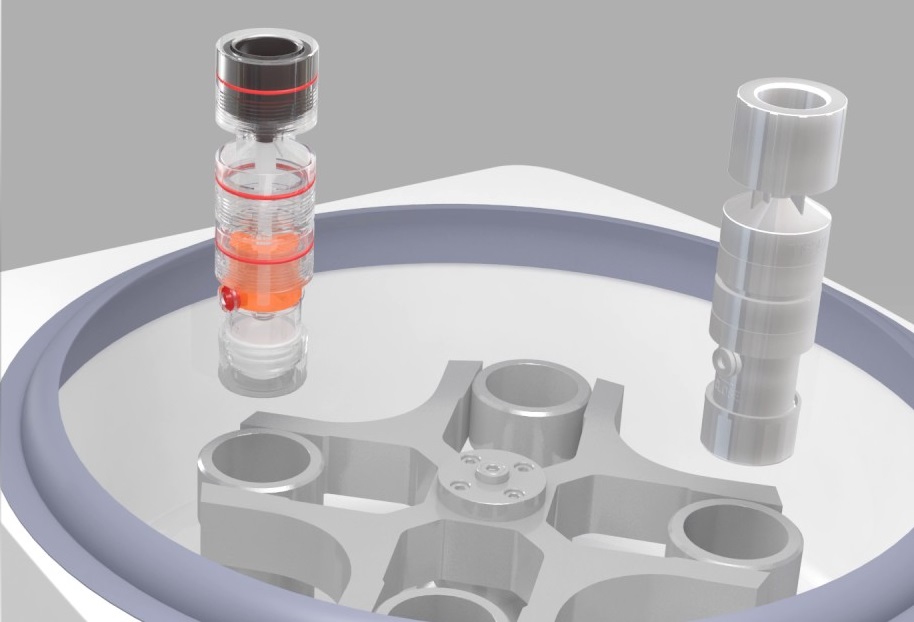Regenerate your joint
 REGENERATE YOUR JOINT DON’T REPLACE IT WITH SURGERY
REGENERATE YOUR JOINT DON’T REPLACE IT WITH SURGERY
PRP (Platelet Rich Plasma) injections are natural injections consisting of components of your own blood that has been enriched with platelets. A rapidly growing treatment PRP utilises the body’s natural inflammatory process to assist the growth and repair of soft tissues such as: tendons, ligaments, fascia, skin and muscle. Platelet Rich Plasma (PRP) is the fluid part of the blood which contains all of the ‘band-aid’ cells (the Platelets), and contains several different growth factors and other proteins that stimulate healing and attract the critical assistance of stem cells.
 Some tissues in the body have a poor blood supply or respond poorly to excessive load and ultimately fail to heal naturally. PRP therapy utilises the healing properties in blood to allow a healing reaction to occur in a tissue that is not healing on its own. Our blood has small granules called “platelets” and these contain special growth factors that when released, allowing stem cells in the particular tissue to switch on and then cause new tissue to be synthesized and heal an injured or degenerated area.
Some tissues in the body have a poor blood supply or respond poorly to excessive load and ultimately fail to heal naturally. PRP therapy utilises the healing properties in blood to allow a healing reaction to occur in a tissue that is not healing on its own. Our blood has small granules called “platelets” and these contain special growth factors that when released, allowing stem cells in the particular tissue to switch on and then cause new tissue to be synthesized and heal an injured or degenerated area.
The goal of PRP therapy is to resolve pain and increase mobility through healing. It is
completely natural and can prove to have long lasting results.
The technique
 PRP involves taking your own blood, which is taken from your arm just like a normal blood test, the blood is then spun in a centrifuge which is a machine designed to separate the blood into two components. The bottom layer contains most of the red blood cells, while the top layer is mostly plasma and platelets. The top layer, the platelet rich plasma, is then activated and injected into the affected area immediately after the blood has been taken. Injections can be performed with or without guided ultrasound.
PRP involves taking your own blood, which is taken from your arm just like a normal blood test, the blood is then spun in a centrifuge which is a machine designed to separate the blood into two components. The bottom layer contains most of the red blood cells, while the top layer is mostly plasma and platelets. The top layer, the platelet rich plasma, is then activated and injected into the affected area immediately after the blood has been taken. Injections can be performed with or without guided ultrasound.
PRP therapy can be used for several types of injuries and ailments, including:
- Knee arthritis
- Arthritis, particularly osteoarthritis
- Joint pain & joint damage
- Knee pain, injuries
- Hip pain, injuries & arthritis
- Muscle tears
- Degenerative conditions
- Bursitis
- Ligament, tendon and fascia injuries
- Meniscus and cartilage tears
- Nerve injury
- Tendonitis
- Tennis elbow & golfers elbow
- Foot & ankle pain and injuries
- Carpal tunnel syndrome
- Plantar fasciitis
- Rotator cuff injuries
- Sports or work injuries
- Skin concerns
When compared to cortisone injections, PRP shows better results over a longer period of time. While the effects of cortisone are rapid, they are often followed by a decline in condition and can actually cause further tissue damage. PRP, however, shows slower but greater long term improvements, less injury recurrence and no side-effects.




